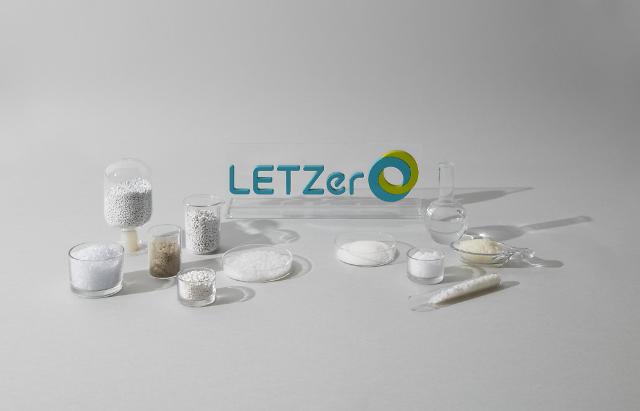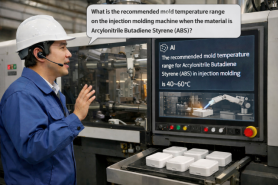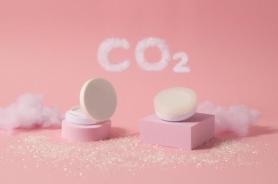
[Courtesy of LG Chem]
Olefins are a class of chemicals that include ethylene and propylene is the key material of plastics including polypropylene. Ethylene can be created using bio-ethanol made with plant-based materials such as corn and sugar cane. Conversion techniques for creating ethylene from bioethanol are now widely adopted by the global renewable material production sector, but the ETO technique is yet to be commercialized.
LG Chem said that the company forged an agreement with Gevo to co-develop and commercialize the ETO technique for bio-propylene. The South Korean chemical giant said that it would be able to provide clients with 100 percent bio propylene material that can be used in the production of vehicle interior products, diapers, and other plastic products. LG Chem said that the production of bio propylene produces 90 percent less than the ordinary plastic manufacturing process.
According to data released by Nova Institute, a global market research firm, some 4.5 million tons of bioplastic will be produced in 2023 globally. The world's production capacity will grow at an average annual growth rate of 14 percent until 2027.
To accelerate the company's bioplastic businesses, LG Chem broke the ground for a 310-billion-won ($230 million) plant in the southwestern port city of Dangjin. It will have a super-critical pyrolysis facility to break down plastics to create oil and a production facility for the company's aerogel insulation product.
Copyright ⓒ Aju Press All rights reserved.




